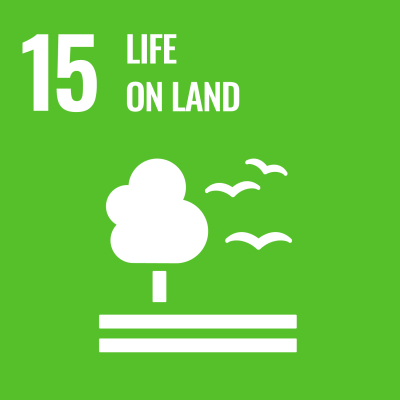
“The Importance of Bees to People and the Planet” highlights the crucial role that bees play in our lives and the ecosystem. Bees are not only responsible for producing high-quality food products like honey and royal jelly, but they also contribute significantly to global food security by pollinating a third of the world’s food production. However, bees and other pollinators are facing increasing threats from habitat loss, intensive farming practices, climate change, and the use of pesticides. The article emphasizes the need for urgent action to protect pollinators and their habitats, promoting awareness and conservation efforts. It also mentions World Bee Day on May 20th, which aims to raise awareness about the essential role of bees and encourage individuals to take action to save them.
The Importance of Bees to People and the Planet
Bees as Pollinators
Bees play a crucial role as pollinators in our ecosystems. They help in fertilizing plants by transferring pollen from the male parts of a flower to the female parts. This process is vital for plant reproduction, as it leads to the production of fruits, vegetables, nuts, and seeds. Bees are incredibly efficient at pollination due to their ability to carry large amounts of pollen on their bodies. In fact, they are estimated to be responsible for pollinating one-third of the world’s food production. Without bees, many of the foods we rely on, such as apples, almonds, and strawberries, would become scarce.
Importance of Bees for Food Production
Bees are paramount to food production. As mentioned earlier, they are responsible for pollinating a significant portion of our food crops. This includes a wide range of fruits, vegetables, and nuts. Without the help of bees, these crops would have a much lower yield and could even fail to produce any fruit at all. In addition, the crops that rely on bee pollination are often highly nutritious and essential for a balanced diet. Therefore, bees not only contribute to our food security but also ensure that we have access to healthy and diverse diets.
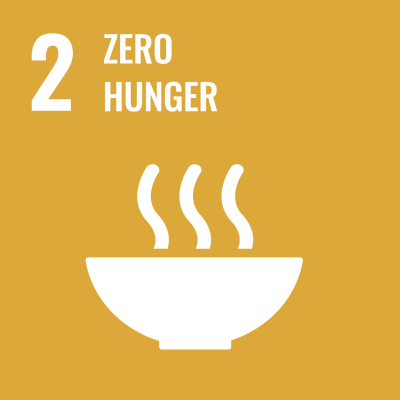
This image is property of cdn.unenvironment.org.
Threats to Bee Populations
Unfortunately, bee populations are facing numerous threats, which puts their long-term survival at risk. One of the primary threats is habitat loss. Bees rely on a diverse range of plants for food and nesting sites. However, the destruction of natural habitats due to urbanization, intensive agriculture, and deforestation has significantly reduced the availability of these resources. Another major threat is the excessive use of pesticides, particularly a group of insecticides called neonicotinoids. These chemicals are highly toxic to bees and can cause bee mortality, impair their foraging abilities, and weaken their immune systems.
Effects of Pesticides on Bees
The use of pesticides, especially neonicotinoids, has devastating effects on bee populations. These insecticides can contaminate nectar, pollen, and water sources, which are essential food and water sources for bees. When bees consume or come into contact with these contaminated substances, it can lead to acute or chronic poisoning, resulting in increased mortality rates and decreased overall fitness. Pesticides can also impair bees’ navigation and foraging abilities, making it difficult for them to find food and complete their pollination duties effectively. To protect bees and preserve their populations, it is crucial to reduce the use of harmful pesticides and adopt more sustainable and bee-friendly agricultural practices.
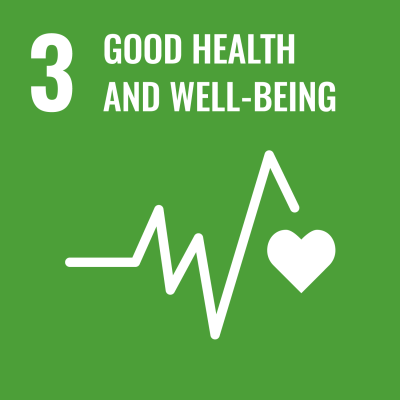
This image is property of cdn.unenvironment.org.
Air Pollution and Bees
Air pollution is another significant threat to bees. Studies have shown that air pollutants can interfere with the ability of bees to locate food sources. When bees search for nectar and pollen, they rely on the scent molecules released by plants. However, air pollutants can mask or alter these scent molecules, making it difficult for bees to recognize the presence of flowers. This can lead to decreased foraging efficiency and reduced pollination success. Additionally, air pollution can weaken bees’ immune systems, making them more susceptible to diseases and parasites.
Trade of Pollinators
The mass breeding and large-scale trade of pollinators can also pose risks for bee populations. When bees are transported over long distances, they may come into contact with different diseases, parasites, or genetically different populations. This can result in the spread of pathogens and the introduction of new pests, which can have detrimental effects on both managed and wild bee populations. To mitigate these risks, better regulation and monitoring of the trade of pollinators are necessary.

This image is property of cdn.unenvironment.org.
Positive Actions for Bee Conservation
Despite the threats facing bee populations, there are positive actions that can be taken to conserve bees and promote their well-being. One crucial step is to create and protect habitats suitable for bees. This includes preserving natural areas, planting bee-friendly flowers in gardens, and restoring meadows and other wildflower-rich habitats. By providing bees with a diverse range of flowering plants, they are ensured a stable and nutritious food source throughout the year.
EU Ban on Neonicotinoids
In 2018, the European Union implemented a partial ban on three neonicotinoid insecticides due to their harmful effects on bees. This ban aims to protect bees and other pollinators by reducing their exposure to these toxic chemicals. The decision was based on scientific evidence that showcased the negative impacts of neonicotinoids on bee populations. This ban serves as a significant step towards sustainable agricultural practices and the protection of pollinators.
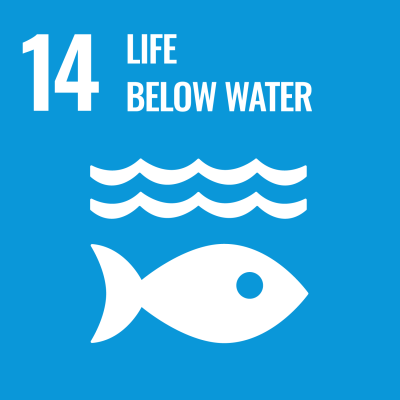
This image is property of cdn.unenvironment.org.
Post-2020 Biodiversity Framework
The upcoming United Nations Biodiversity Conference in Kunming, China, in August 2022 will play a critical role in shaping the post-2020 biodiversity framework. This framework calls for the reduction of pesticide use by at least two-thirds by 2030, among other objectives. By setting ambitious goals and implementing effective strategies, the international community can work together to protect bees and preserve biodiversity for future generations.
World Bee Day
To raise awareness about the vital role of bees and other pollinators, the United Nations has designated May 20th as World Bee Day. This annual event aims to highlight the importance of bees and their contribution to our ecosystems, food production, and overall well-being. World Bee Day also honors the legacy of Anton Janša, an influential beekeeper who revolutionized beekeeping techniques in the 18th century. On this day, individuals, organizations, and governments come together to promote bee conservation and take actions to protect these invaluable creatures.
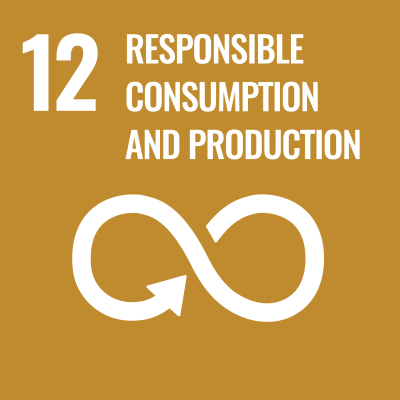
This image is property of cdn.unenvironment.org.
Actions to Help Preserve Bees and Other Pollinators
There are several actions that individuals can take to contribute to bee conservation and support pollinators. These include:
- Planting nectar-bearing flowers on balconies, terraces, and gardens to provide bees with a diverse and abundant food source.
- Buying honey and other hive products from local beekeepers, supporting their livelihoods and sustainable beekeeping practices.
- Educating children and adolescents about the importance of bees and beekeepers, fostering a sense of appreciation and support for pollinators.
- Creating pollinator farms or gardens on personal properties to provide additional habitats and resources for bees and other pollinators.
- Preserving old meadows that feature a variety of flowering plants, allowing for a more diverse ecosystem and providing food for bees.
- Implementing sustainable pest management strategies that do not harm bees and applying pesticides in a targeted and responsible manner.
- Supporting initiatives and policies that promote bee conservation, such as the EU ban on neonicotinoids and the post-2020 biodiversity framework.
By taking these actions, individuals can make a meaningful difference in protecting bees and other pollinators, ensuring their survival for generations to come.